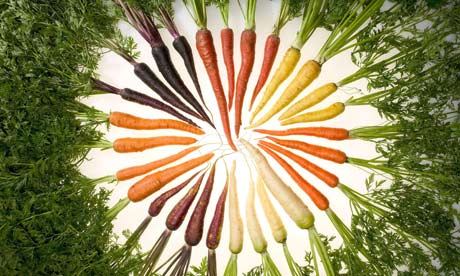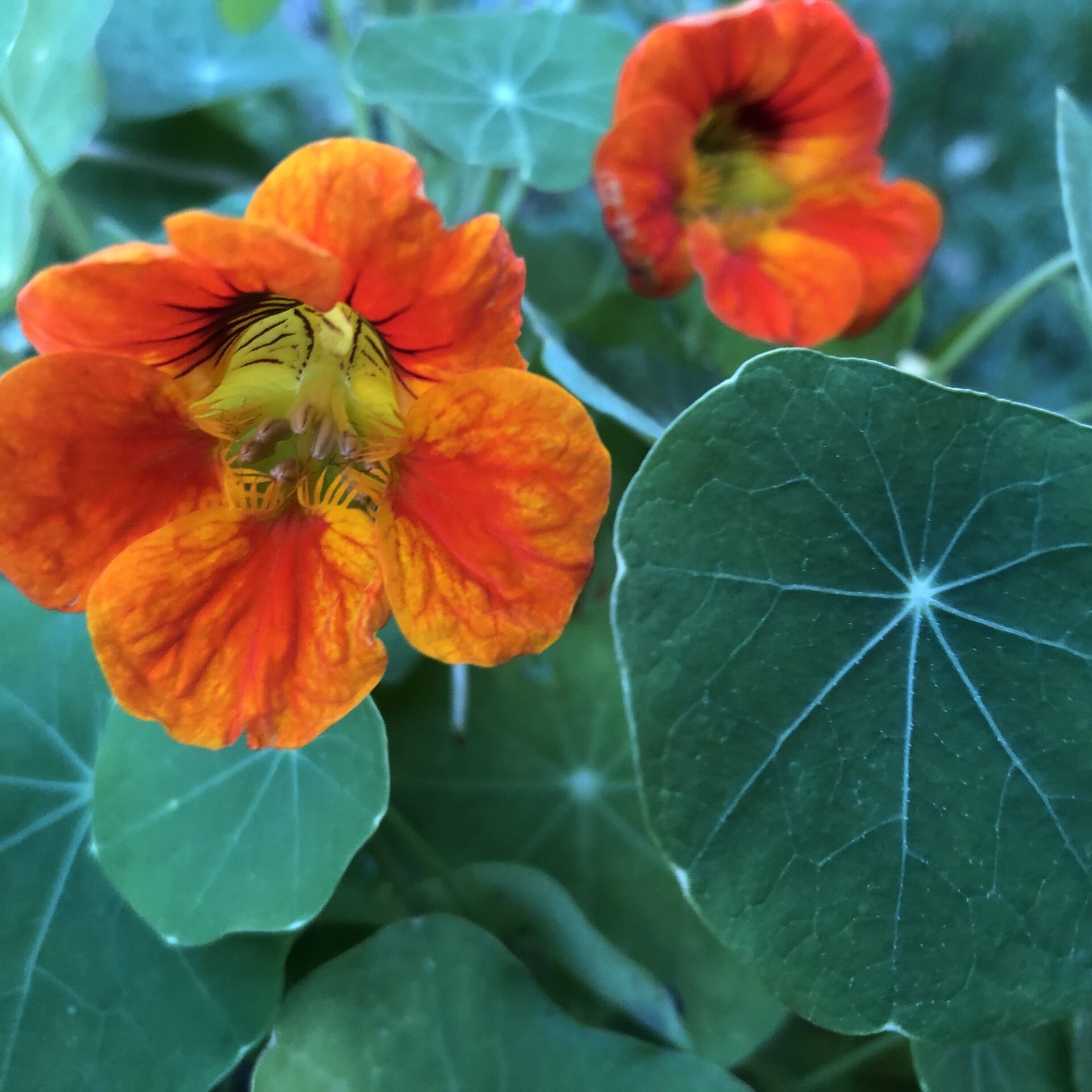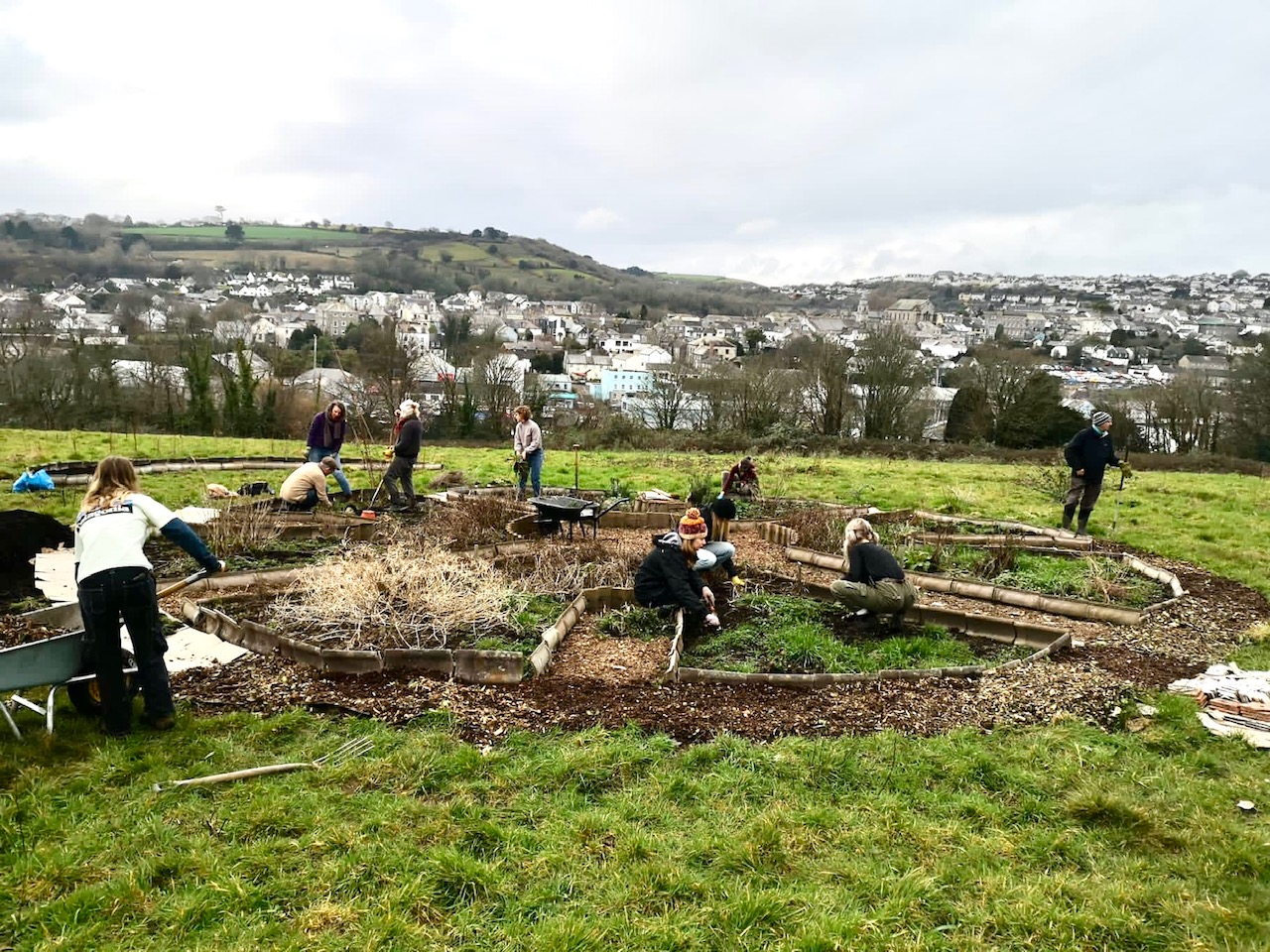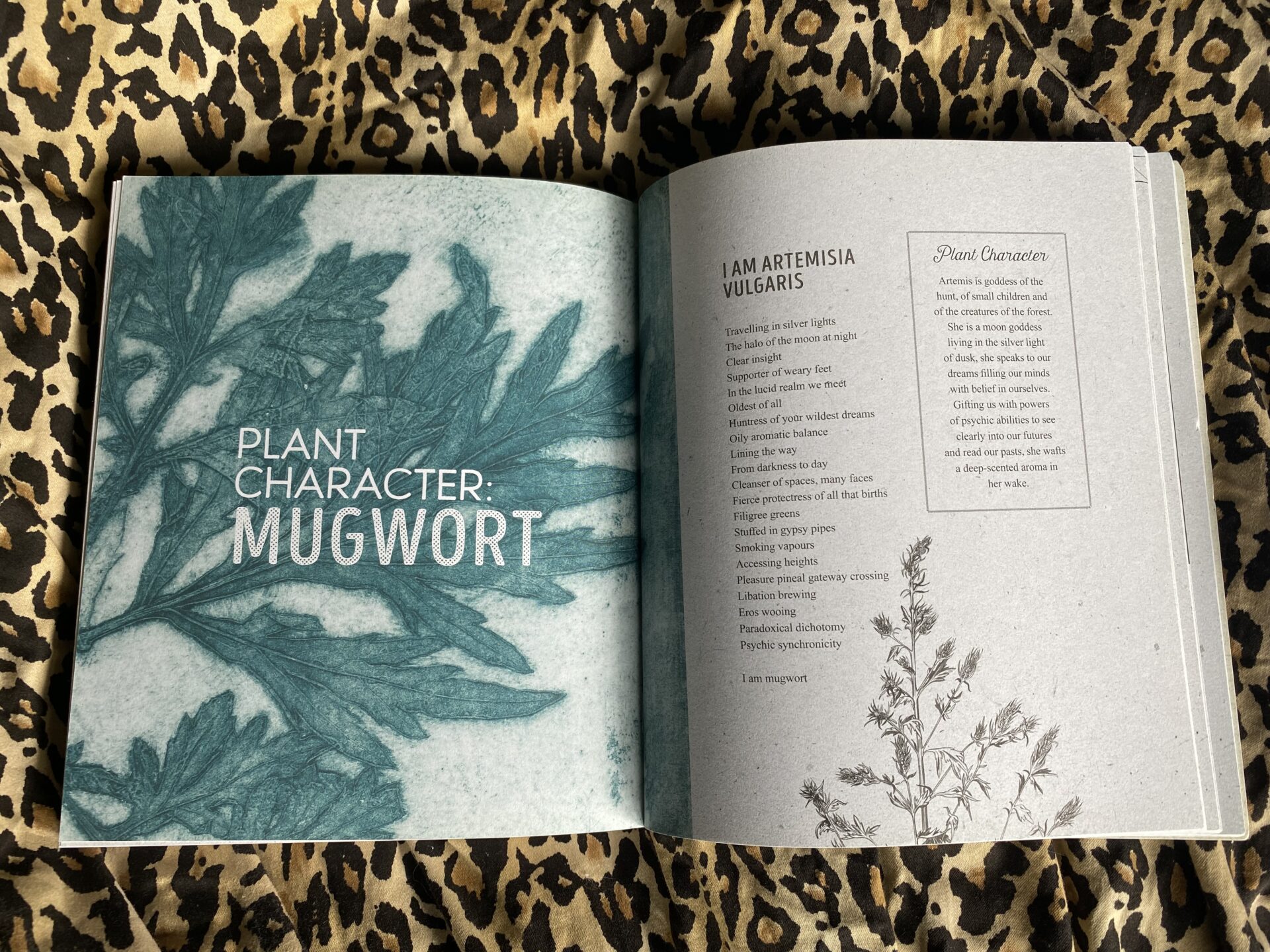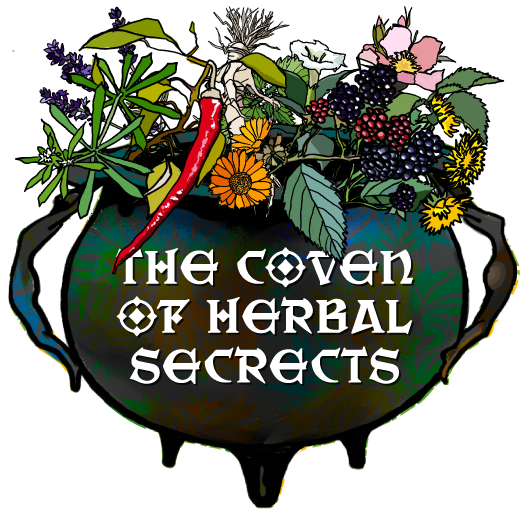Freshly qualified in 2014 as a Naturopathic Nutritional Therapist, I thought I really understood how I felt about one specific topic of health and wellbeing; Cancer. I had my opinion on what I thought of treatment offered through the medical system, and passionately believed that a rigorous diet and a shift in perception could no doubt have a profound effect. I still believe this last statement to be true, but my use of the word rigorous is for me now hugely displaced.
For the last few years I have been working and volunteering with the cancer charity Penny Brohn UK. I have been involved with, and invited to, the nutrition training alongside the team of GPs and have spent many, many hours talking with clients and families affected by cancer.
The world of cancer is forever shifting, never the same, and at the heart of each journey is the patient. I would like to share with you my own understanding and experiences of working with those with cancer, and to talk about nutrition and its role.
To even begin this conversation I feel I must start with some of the difficulties that those with a cancer diagnosis face.
- Fear
- Anxiety
- Panic
- Confusion
- Uncertainty
- Depression
- Loss of control
- Disbelief
- Relationships
- Financial issues
- Mobility issues
- Terror
A pattern I have noticed when seeing someone for the first time since a diagnosis, is that they have already been on a journey with their emotions and quite often are in the place where hope is sparse, information is limited (often spoken in what seems like a different language), and they have not had a second to breathe. Many an hour has been spent on the internet, searching for information, searching for hope, searching for help.
It is important as practitioners that we recognise this stage (however it manifests), and that our awareness is switched on to the vulnerability of our patients. We need to have an understanding of the treatments that are on offer (alternative, complementary and orthodox), the procedures that some may faceand to respect our clients’ decisions. Life changes for many, it opens up a doorway into a world that is unknown and exposes people in their very rawest of forms.
I feel that to even begin to work with someone on such an energetic level with food and nutrition, we must first have a deep understanding of all the elements involved for each step of the journey so that we may walk side by side and be able to offer the right support at the right time. This is a dance and a navigation, that we are honoured to share with some of our patients, and a journey none the less that can give hope and empower.
We want to help embody self-worth, and ultimately give back some sense of control over the wellbeing of our patients. We need to make things realistic, achievable and stress free, and for those of us that are working alongside patients undergoing orthodox treatment, we need to have our evidence prepared, and our decisions backed up. I have found that for a majority, life has entered the fast lane and they are being propelled through treatment, having to make decisions with not that much time to even digest what is really happening. Our awareness of this is vital as it shapes our approach and allows us to be good practitioners.
So, where do we begin with Nutrition?
How do we steer our patients and protect them from the thousands of different opinions of what’s right and what’s wrong that is all over the internet? How do we guide them whilst honouring their own decisions?
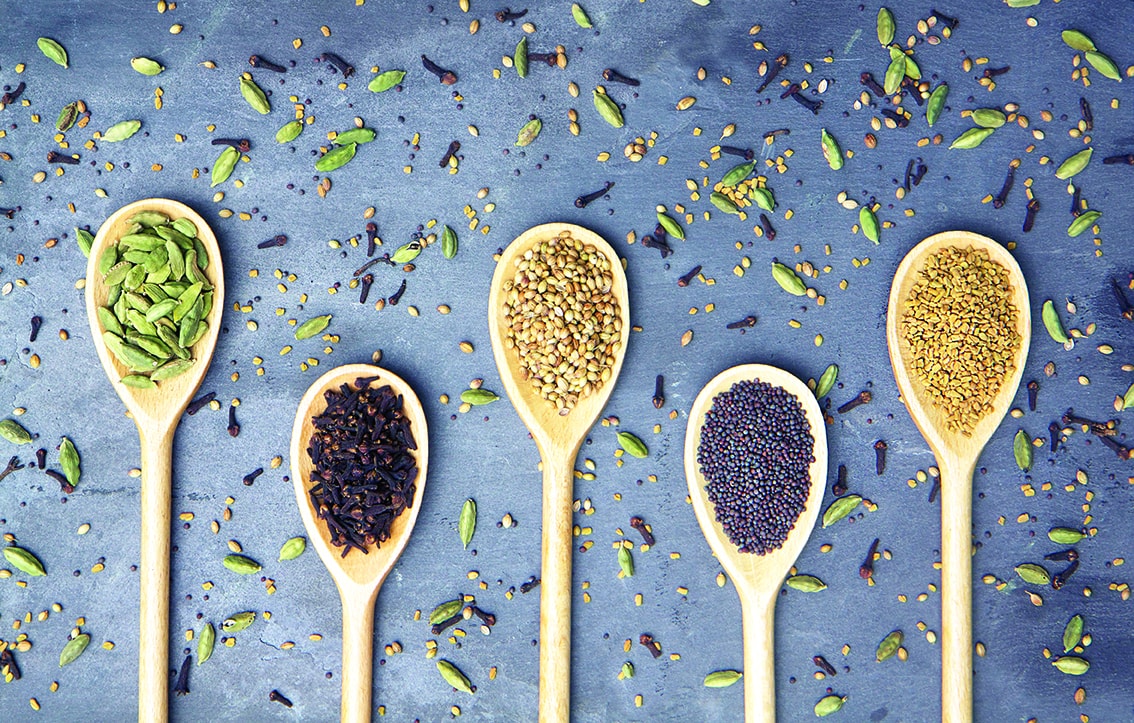
For me, even for those who already have a well-balanced diet, it is about going back to basics, starting at the beginning and working towards attainable targets. It can be quite distressing and confusing for those who already feel that they follow a healthy lifestyle, but there is always room for movement and improvement. Healthy eating with cancer need be no different to healthy eating without a diagnosis. There is no one anti-cancer diet that fits all, we are all individuals and what may suit one may not suit another. For those going through treatment it can also be a case of simply what can be tolerated on certain days. We need to be flexible having laid some solid foundations to work from. With articles in our mainstream media from leading GP’s estimating that up to 80% of patients conditions could be linked to lifestyle and diet choices I believe that an integrative approach to cancer treatment should include Nutrition.
A huge part of Nutrition and receiving the benefits from our food is our attitude towards what we eat. We want to build an attitude that we can work towards attaining and maintaining, even in times of deep distress or ill health.
It is our job as practitioners to help others learn to listen to their bodies and understand the influences of diet, lifestyle, genetics, and the environment on their wellbeing. Again and again, I hear from patients how they feel they have lost a sense of control over what is happening to them, and what is happening in their bodies. By working towards realistic goals and helping others to understand the process of cancer and how we can work with food and lifestyle choices to switch on our cancer fighting cells, we can help to facilitate a real sense of control, and start to get our patients to feel good about what they are eating.
Foods have an impact on our body as well as our mind, emotions and spirit. It can help symptoms, lift emotions and create that feel good factor and boost overall wellbeing. It can also improve the outcomes of treatment.
Community is also a huge part of our patients’ journey with cancer, especially for those receiving treatment or recovering from surgery. The education and support that we can provide as practitioners goes way beyond the patient at the centre of this web. The work that we do passes onto loved ones, friends and their wider community, as very often it is those mentioned who provide meals and nourishment. With something like Nutrition it not only gives our patients a sense of self-worth and empowerment, it also helps friends and family to feel worthwhile and gives them the opportunity to help, therefore minimising the feeling of helplessness that is all too common. Our work is supportive and inclusive rather than exclusive. I want people to go away with ideas of more foods that they can eat, rather than an overwhelming feeling of restriction and a big question mark. We are here to devise personal plans, which will suit patient’s lifestyle and family whilst overall improving their health.
For some, the simple task of eating can be a real challenge due to factors such as treatment and side effects. The senses involved in the digestive process may have been under real attack, tastes may have changed, smell may be diminished or the body just may not have the energy to even contemplate getting up for a meal. So we change the approach, shift the parameters; focus on one step at a time, one mouthful / sip at a time. If we encourage mindfulness and the concept of mindful eating we can help to change the impact of even a single mouthful. Encourage our patients to take pleasure in the simple tasks, focus on the now, be present, feel no guilt and savour any flavour.
So, what do I encourage those who have a cancer diagnosis to eat?
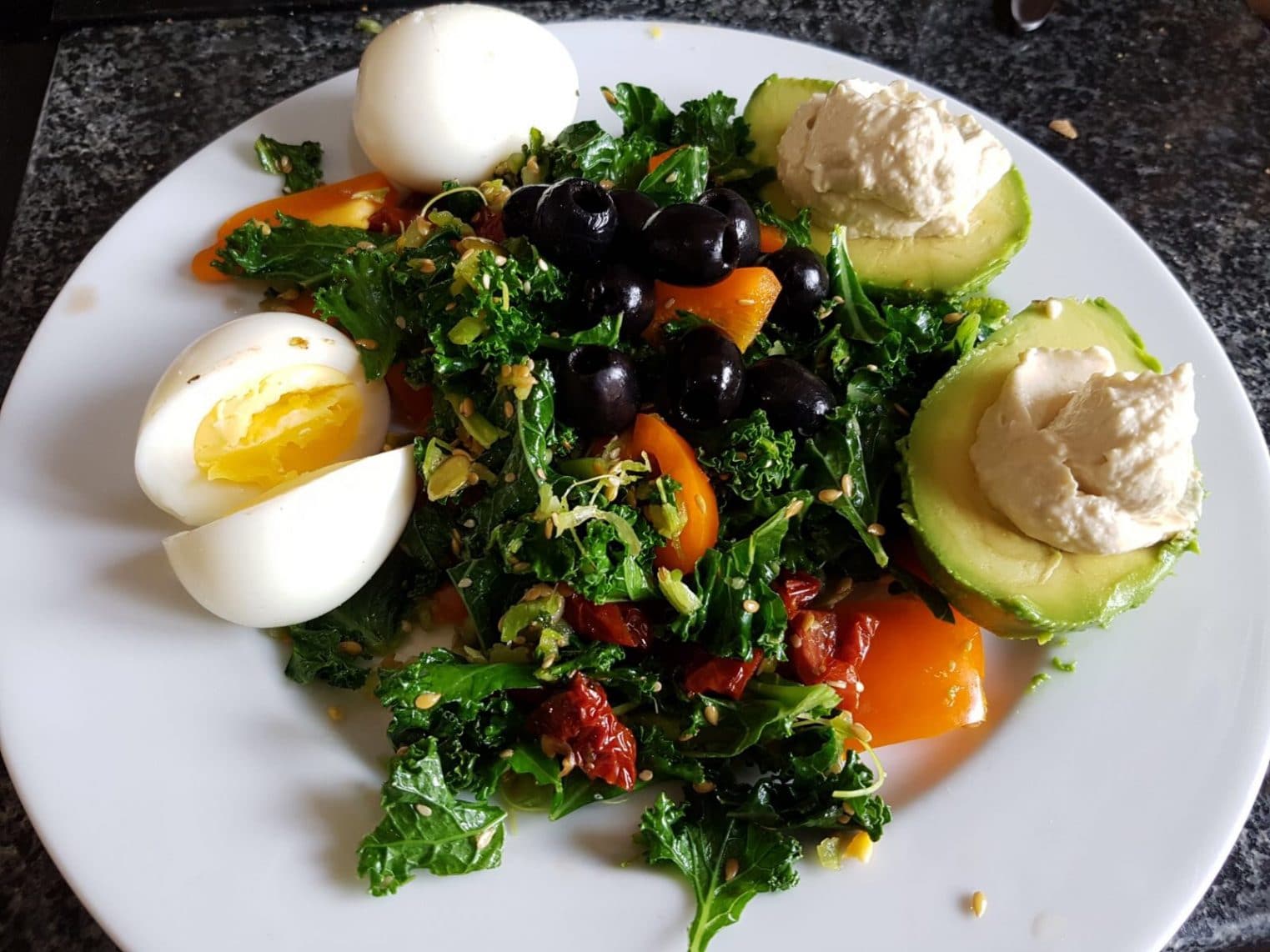
A diet I believe is most conducive to health is mainly a plant based one (if you can go fully then that is even better and may be really suited to you, but to some it is not). The phytonutrients from plants help to support the immune system are anti-bacterial, anti-fungal and anti-inflammatory. They also contain vital nutrients and enzymes to support body function.
A simple key to making this approach easy to understand involves 3 words that I use on a daily basis with anyone I talk to about Nutrition:
Moderation
Variety
Colour
When we encourage our patients to eat around these principles, they automatically include a vast landscape of nutrients essential to their wellbeing. It brings with it balance and harmony.
Central to our plate is an element that sometimes is too easy to overlook; herbs and spices. The benefits of adding these to meals and drinks can have a profound effect on digestion, flavour and are another source of phytonutrients.
My approach is to eat natural whole foods, and if and where possible organic and with the seasons. I encourage awareness of what foods are on offer throughout the year, and try to encourage home grown no matter how small. Cooking and preparation techniques are also vital to be able to support someone as they journey with cancer as it is essential that the access to good Nutrition remains a constant.
A lot of time spent with patients can simply be to build trust so that they feel comfortable including these options with their food, knowing that they will be doing no harm.
My honest opinion is that to write everything in one article relating to cancer and Nutrition would be unrealistic, which is why I have stuck to the foundations that will benefit anyone with any diagnosis. The benefits however, of undertaking research and keeping up to speed with the ever changing dynamics of this industry, is that we can keep working alongside other health professionals to really pin point and target specific cancers with Nutritional support.
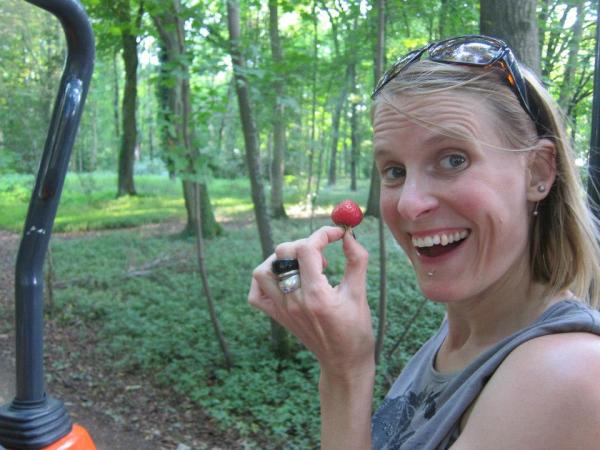
My interest in healing and helping others began over 20 years ago when I started to train to be a mental health nurse. My life from this point took me on an interesting journey where I started to take a real interest in natural ways that I could work with people on a healing and energetic level, starting with those in my local community.

